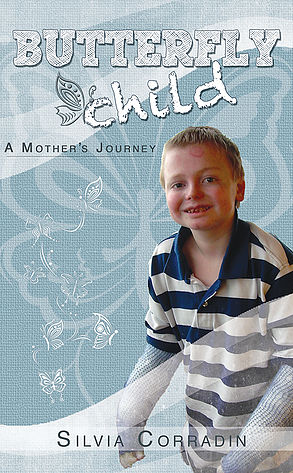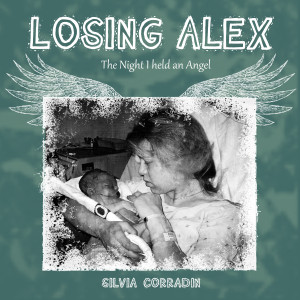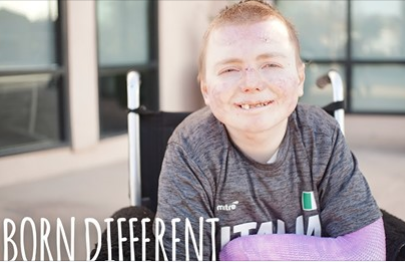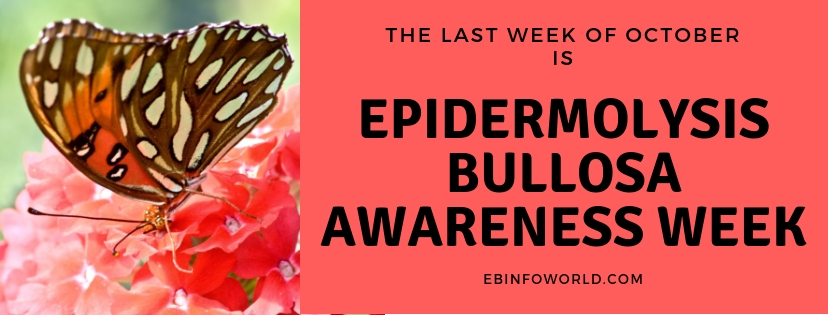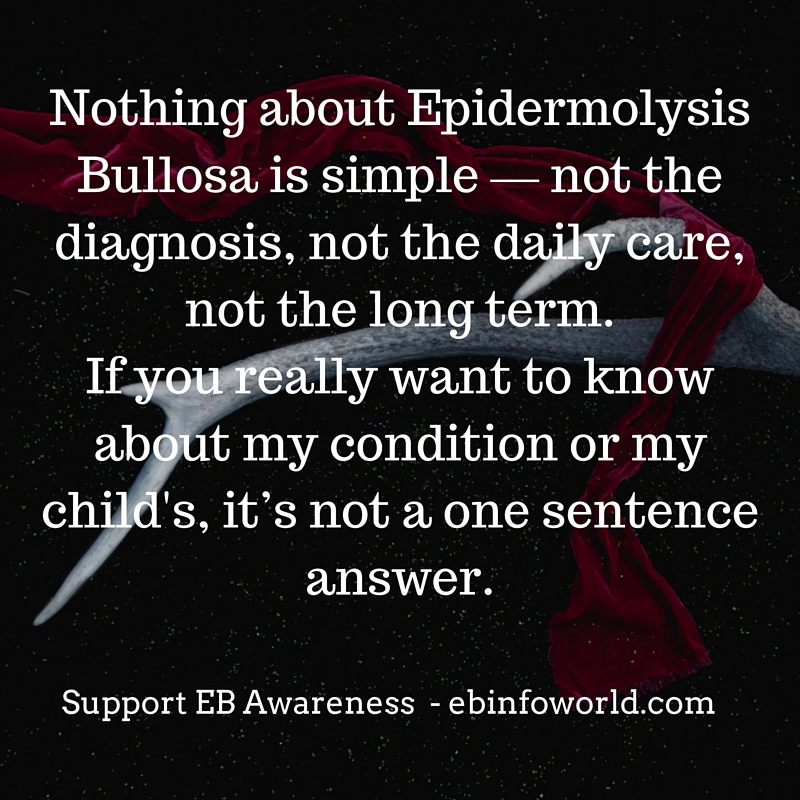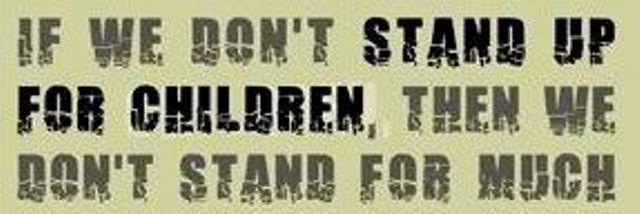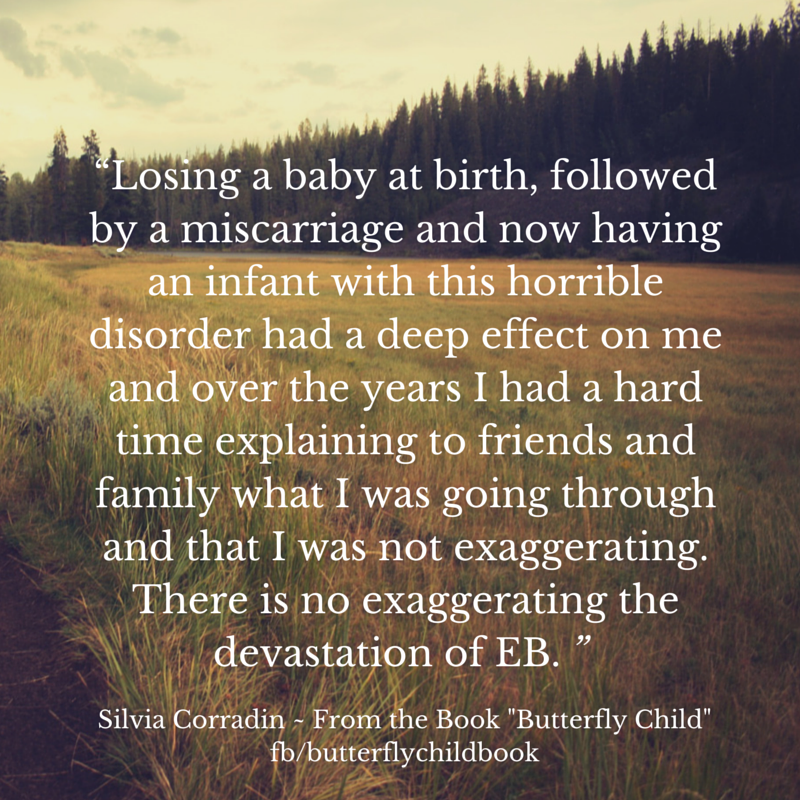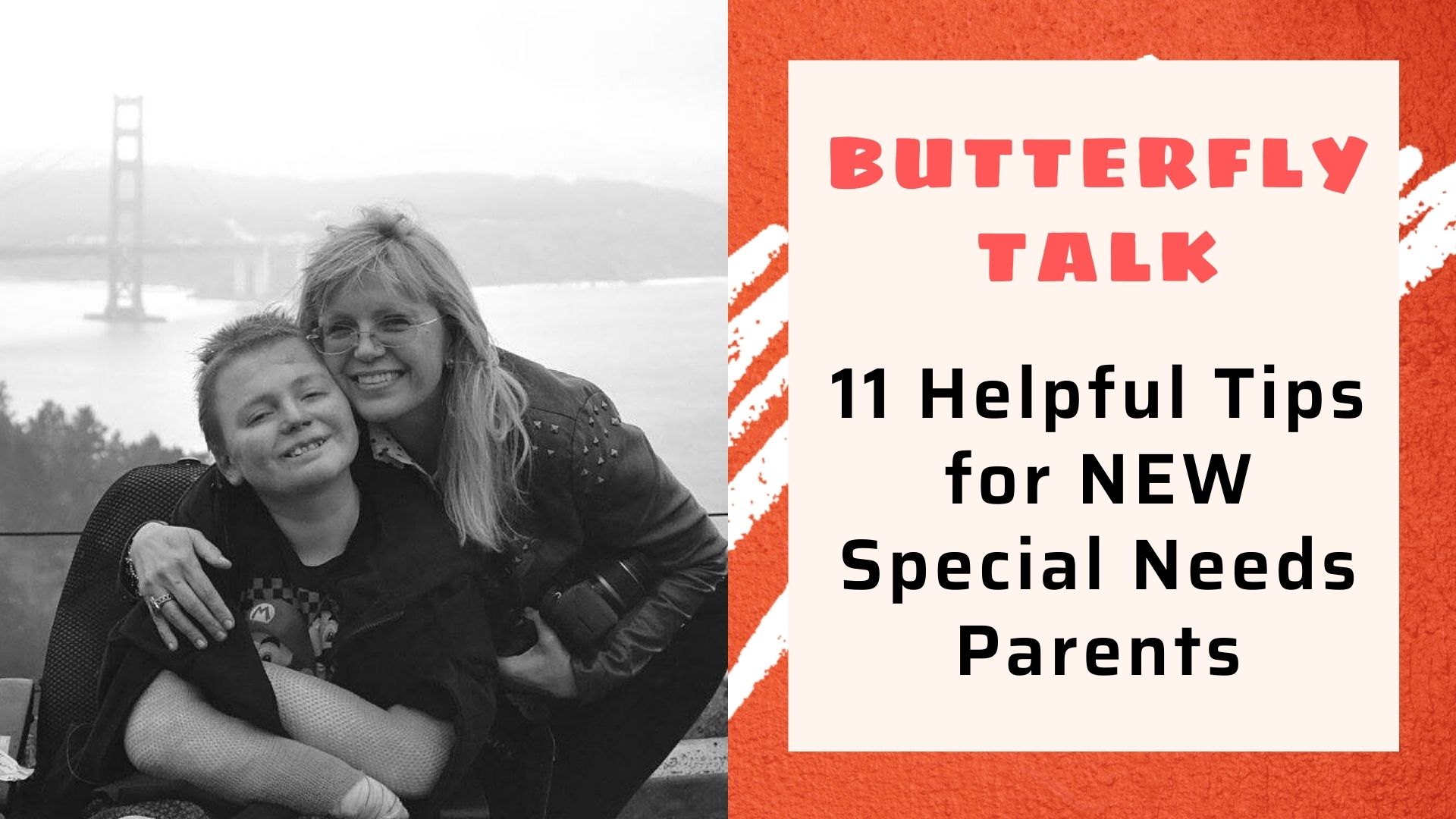Being the parent of a child with Epidermolysis Bullosa or any illness/condition is a perilous journey. The rarity of the condition makes it so we have to take any advice we receive from Doctors, Nurses and even other EB parents with a grain of salt. There are many forms of EB and each form has many subforms, so what works for one patient may not work for another. We are all dealing with something foreign and devastating in our own way. Often times the biggest cause of frustration is people that mean well, but say the wrong things, making us feel worse altogether.
Here are my top 5 things you should never say to any parent with a Special Need Child:
- Give any sort of unsolicited advice, most especially avoid say the words “you should” or “you shouldn’t”.
Seriously, NO!!! I beg you, please. Only give advice if it’s specifically asked for. And even when and if you give advice, never, ever use the words should & shouldn’t because it makes us feel as if we’re stupid for not having tried it already. But how do you know if we haven’t already?
We’ve all heard it before “You shouldn’t cry over this”, or “You should try this herb/medication” etc. As a parent of a child with a rare condition, trust me when I tell you I’ve tried it all. It’s safe to assume that we’ve googled our own situation a lot more than someone who isn’t living it every day.
We know the intentions come from a good place, but the person going through something rough does not need your perspective, judgement or advice. What they truly need is to be heard and loved. - Never say “Everything happens for a reason.”
I have heard this one a lot, and I do admit that on occasion it’s comforting, but when you sit and ponder it for a moment it’s really quite cruel to think a loving God (or whatever/whoever you believe in) is making your child suffer for some “unknown” reason. Not cool. You may very well believe that everything happens for a reason, or that God has a plan. Many people do. But these are your beliefs, and unless you KNOW that the suffering person shares them, they likely won’t serve as comfort the way they might for you
- Any sentence that begins with the words, “At least…” This one has come across my friends/family’s lips quite often. “At least you know you can get pregnant” is one I got after my son was stillborn. Not exactly a helpful statement after I had to bury my first baby. “At least he’s smart” is one I heard from others, who think I should be grateful that Nicky is not mentally disabled. Somehow this does not ease the pain of seeing my child suffer. I know it’s tempting to point out the silver lining when someone is struggling, but it dismisses the pain the individual is in. Avoid it, please.
- Any phrase that points to the fact of how much you’ve changed or the lesson you learned by going through this. They are right, of course. We always learn important lessons when we’re hurting. But that often does not help in the here and now. Okay, so after my son was stillborn I truly learned the value of life. I would rather hold him in my arms than going through that hell. Again, another one to avoid. We know at the end of the day we’re better for it, but we would rather not have to experience such a painful lesson.
- Anything that diminishes the other person’s suffering.
Again, we know people usually just want to be helpful, but when you’re making assumptions about situations you don’t know much or even anything about, it only adds to the hurt. Compassion and empathy comes to mind. Empathy is when you use your imagination to expand your ability to feel compassion for people in situations beyond those you have experienced. Don’t compare our suffering with someone else’s. Don’t offer cures, solutions, don’t tell us how a friend of a friend tried this and that, or tell us how someone else has it worse. Just don’t. People in their darkest hour hear enough advice to make a person crazy.

So, you may wonder… what in the world DO I say?
It’s not very complicated, really. Just be there. Pull up a chair, grab a box of tissues and ask them to tell you how they are feeling. We know it’s awkward and uncomfortable, but truly, this is what needs to be done. I totally understand the desire to fix or take away their pain, but most often the best thing to say is nothing at all.
Love & Light,


